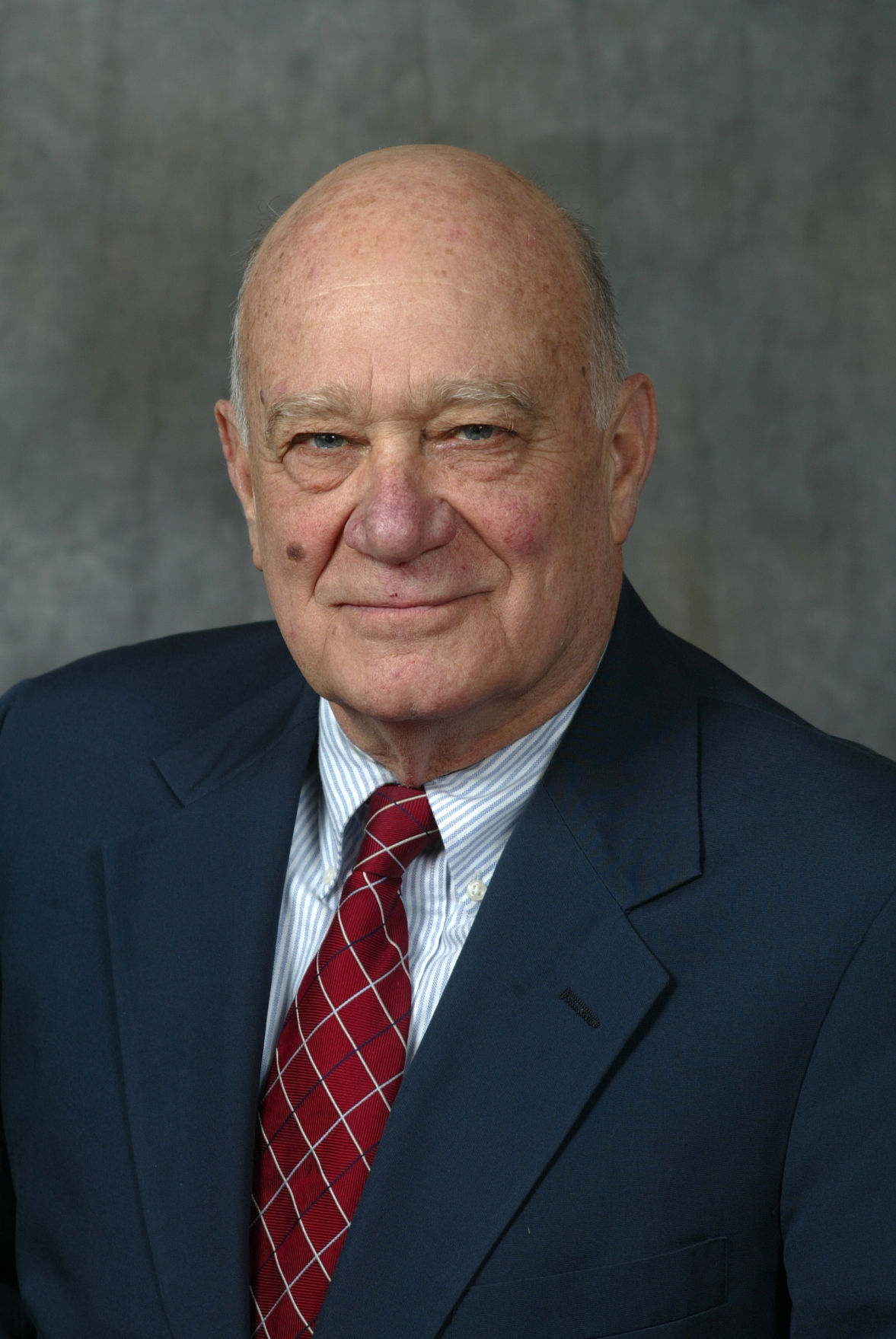It may seem odd to refer to a religious organization as a “spa.”
However, in addition to all of its excellent connections with its Jewish congregants, Temple Emanuel has also become a center for wide cultural and intellectual stimulation for all folks on Long Island.
It is appropriate to think of a “spa” as serving more than physical enhancement. Indeed, when mind and spirit are elevated, chances are the body has a chance to follow.
Presided over by the remarkable Robert Widom, Emanuel has become our suburban counterpart to Manhattan’s 92nd Street Y.
Although I am not a Jew, I relish thinking of Bob Widom as my rabbi.
I join many others in celebrating him for fulfilling E.M. Forster’s challenge of connecting the passion with the prose.
He does this with admirable administrative skill and planning in order to draw an array of speakers and programs that elevate discourse, aesthetics and community. He does this with feeling as he connects the deceased with the living, and, especially, in his ever thoughtful, humane inclusivity.
Temple Emanuel is impressive because of the diversity of folks it attracts.
Rabbi Widom often highlights attending folks of other faiths — Catholics, Protestants, Muslims, and Long Islanders from a range of races and ethnicities.
Almost all programs are followed by a refreshment social time, when a range of “salons” can be noted at various tables, exploring the topics of the evening, and expanding community and friendship connections.
Bob Widom and Temple Emanuel are not unique as cultural and intellectual centers, but this Great Neck, Hicks Lane locale may well be “the best of the best” on Long Island.
I know there are other outstanding centers; you might consider writing to our paper about one that you celebrate.
That would be less a competition than an affirmation of our region’s achievements.
As you probably know, suburbia has not always been favorably depicted. And because we in Nassau and Suffolk are considered among the nation’s first suburbs, we have been the targets of negative and unfair characterizations that go beyond “Crabgrass Frontier.”
Our answers to derogatory views can be found at centers like Emanuel and the many exceptional public libraries throughout Nassau and Suffolk. [Former Great Neck resident, the late Harry Wachtel often emphasized that our two county population would make us the 23rd state in the U.S., with all the potential that those numbers suggested.
Consider that Sarah Palin was governor of a state that had only half the population of Nassau].
But our rising numbers drew negative appraisals from early scholars.
For decades I assigned Lawrence McCaffrey’s The Irish Diaspora in America to generations of my students (predominantly Jewish in the 70s and 80s).
They were impressed by McCaffrey’s use of “diaspora,” and so many students identified their own Jewish heritage with Irish “forced dispersion,” that they developed bonds with young people in Northern Ireland, including support for visits to Long Island and their homes.
How dismaying, then, to come to the end of McCaffrey’s Irish New York saga and find his conclusion: “The trip from the old city neighborhoods to the suburbs has been a journey from someplace to no place.”
Irving Howe’s book The World of Our Fathers was a wide ranging appreciation of New York Jews, but he also portrayed the suburbs as sterile, a place where Jews lost their passion and idealism, and where temples were mere attachments to large catering halls.
McCaffrey and Howe would assuredly need to revise their views if they visited Temple Emanuel and other cultural centers in our suburbia. In a bit more than a year, I have been stimulated by a range of speakers across the political spectrum — an all-star line-up in anyone’s culture book: George Packer, Robert Kagan, David Frum, Bill Bradley, Jonathan Alter, General Wesley Clark.
I also enjoyed musical entertainment programs, and there were other speakers I had to miss because of my schedule.
On all occasions, Rabbi Widom is a maestro when he directs Q and A before the adjournment to the refreshment “salons.”
On Dec. 4, after a turbulent flight home from Ohio, I hastened to Great Neck to hear Stephen Cohen “guest in the pulpit” to discuss “Why Cold War Again?”
The Friday programs are also a historical reminder of the allure of cantors (in the old days, folks would narrow their Temple choices in terms of cantorial talent; here, too, Emanuel excels).
Professor Cohen has taught with distinction at Princeton and New York University, and he has studied and published in depth the modern history of the Soviet Union and Russia. His themes for the evening sparked much afterwards “salon” discourse; they are as timely as daily news stories.
Among his considerations: 1) Can US and global security be more effectively pursued through closer cooperation with Russia? 2) Why is that not happening? 3) Why has the chance for a Russia partnership been lost since the 1990s? 4) Has there been an aggressive expansion of NATO? 5) Does Russia have any legitimate interests outside its own borders? 6) Who is responsible for a new Cold War?
In Cohen’s judgment most of the blame rests with American leaders, including President Obama.
Among the professor’s most provocative views for Q and A and for refreshment discourse were that Putin was mostly “reactive” to provocations and snubs from the US and the West.
Professor Cohen emphasized larger themes when asked about whether Putin was part of a “kleptocracy” in his nation, and whether his international assertiveness was a deflection from Russia’s economic travails.
Punctuating his central theme, Cohen asserted: “A strategic partnership with Russia is the only way to be safer.”
As usual, after a stimulating evening, folks left the spa at Emanuel percolating with ideas and significant questions.



